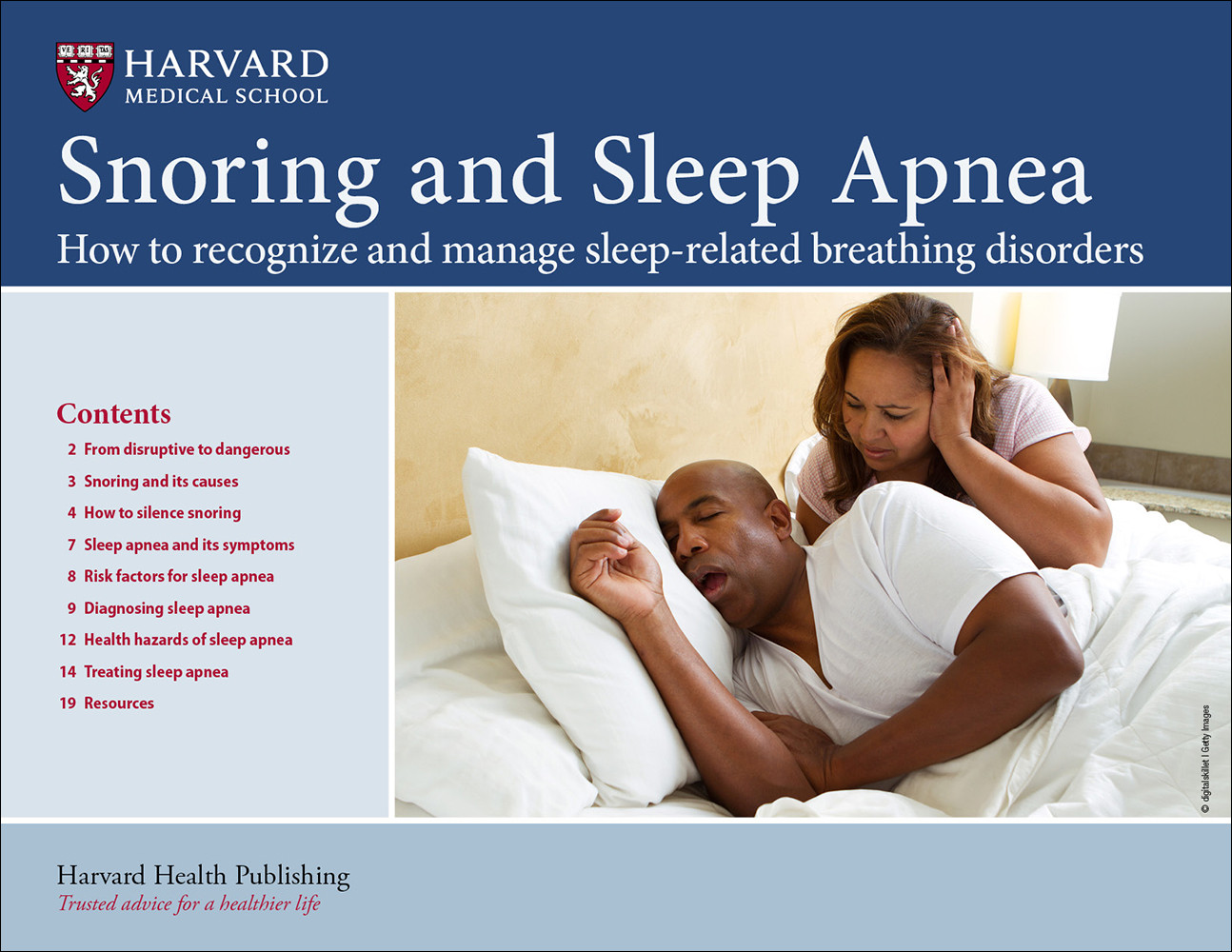Do allergies make snoring worse?
On call

Q. I suffer from spring allergies, and my partner says my snoring gets worse when my allergies flare up. Is there a connection, and can I do anything about it?
A. Allergies that cause nasal congestion, sneezing, and a runny nose (what doctors call allergic rhinitis) can definitely cause more frequent and louder snoring. In fact, allergic rhinitis is a common but under-recognized contributor to poor sleep quality. Also, people with moderate to severe allergic rhinitis are more likely to have sleep disorders, such as sleep apnea. This can lead to daytime drowsiness, fatigue, and sometimes impaired mood and memory.
Treating allergic rhinitis can successfully reduce snoring and decrease other symptoms related to poor-quality sleep. Usually, I recommend a combination of a nasal steroid spray and a non-sedating antihistamine. However, your concern seems to be related to sleep, so a dose of the older antihistamine diphenhydramine (Benadryl) might be helpful. Be careful with decongestants. Some people find that even low doses, such as oral pseudoephedrine (Sudafed), keep them awake at night.
Image: © Prot Tachapanit/Getti Images
About the Author

Howard E. LeWine, MD, Chief Medical Editor, Harvard Health Publishing; Editorial Advisory Board Member, Harvard Health Publishing
Disclaimer:
As a service to our readers, Harvard Health Publishing provides access to our library of archived content. Please note the date of last review or update on all articles.
No content on this site, regardless of date, should ever be used as a substitute for direct medical advice from your doctor or other qualified clinician.
















